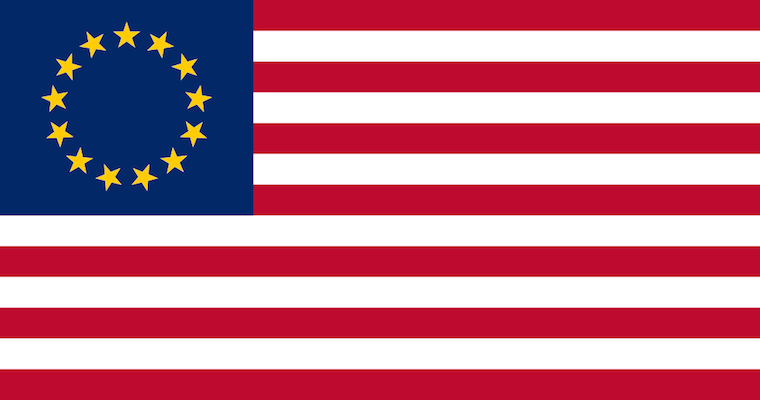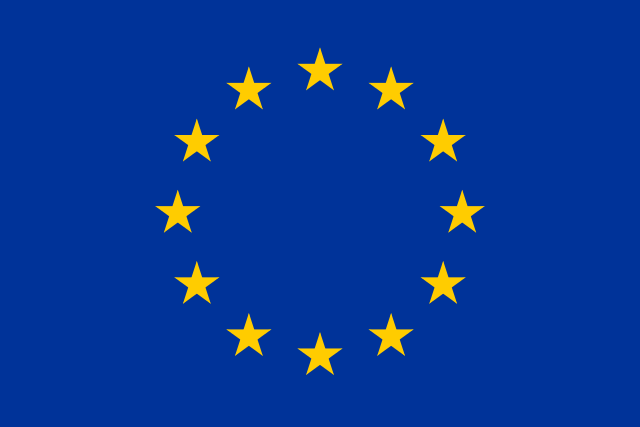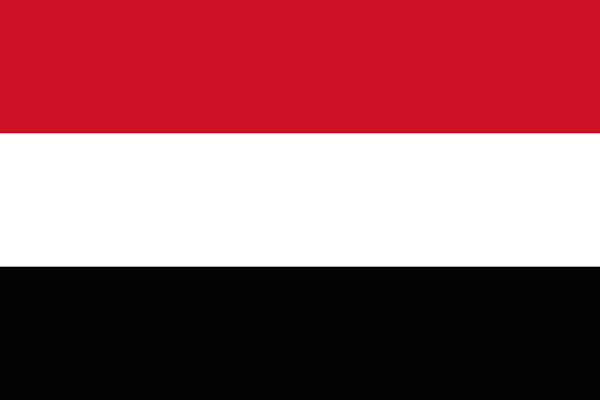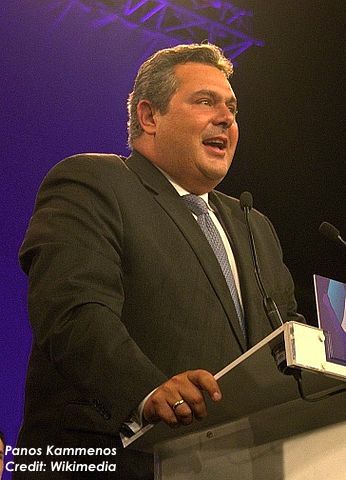In part 1, “Europe’s Political Crisis,” I examined the (well-intended) rise of governance and policy decision-making by unelected technical experts in the European Union, along with the effects it has had on promoting a growing political crisis there. I also suggested that a milder version of this trend is starting to make its way into the U.S. political system as well — or at least into the U.S. political philosophy that influences the system.
As I argued in [another] recent piece, in the United States, “there is now a prevailing assumption that everything can be converted into numerical values, and that we can forge our country into a Blue-ribbon technocracy of ‘best practices’ with no subjective judgment calls (or perhaps eventually even directional disagreements altogether).”

The conditions for technocracy’s growth
The circumstances that have encouraged the beginnings of technocracy to emerge in the United States are not exactly the same as the circumstances in Europe. Here, it is philosophically grounded in the now largely faded early American notions of a republican government of wise and elite elders who do what is best for the people, with or without their consent. The role of experts in the United States has so far been limited to advisory roles with far less formal and front-row power than in Europe. Very rarely have they gained official, high-ranking decision-making roles in place of politicians.
In Europe, in contrast, a major factor in the rise of powerful technocrats was the creation of the European Union as an economic union that required — but did not officially hold — significant political power to be able to implement its economic integration policies. That gap between needs in practice and anticipated needs on paper created a decision-making vacuum that the experts filled. No politicians were being replaced directly because there were no powerful federal politicians in the EU or predecessor European Economic Community to begin with. (In the United States, obviously, there has been a strong political union of the member states with its own strong and elected federal government since the Constitution of 1787.) The creation of that pseudo-federal “European” layer of unelected experts making decisions then established a precedent for deferring to national level experts when the national political systems began breaking down more recently in the face of very serious policy and budgetary demands from the Union and elections failed to produce the necessary leadership to enact them. Such crises create the conditions for the constitutional but non-democratic elevation of unelected experts to the cabinet and, in Italy’s case, even the premiership.
The stalemate in elected governance, though, does bear similarity to much of what we have seen in the United States lately. With polarization and dysfunction mounting, rather than making smaller procedural fixes like overhauling the Senate rules, there is likely to be a growing chorus of people seriously suggesting drastic alternatives for achieving policy aims. In past gridlock/crises points, radical reformation of the American constitutional system has been suggested. This time, following the European model, it is more likely that the proposed alternatives would be the gentler introduction of expert commissions empowered to present big decisions for rubber-stamping to the legislative branch or executive bureaucracy.
This solution is particularly likely to be applied, as in Europe, to budgetary reform gridlock, because a certain set of people is already convinced that such reforms are desperately needed and cannot be entrusted with making the “hard choices.” (Interestingly, we don’t see such a push on global warming.)
Redistricting
The gold standard example of American technocracy so far is the trend toward elimination in many states of legislature-driven redistricting in favor of unelected “nonpartisan” commissions. Nine states have abdicated redistricting entirely to outside commissions. A further 13 have some kind of commission in parallel with or assisting the legislators in the redistricting — including five where the commission serves as a “backup” when the normal process fails and a few where a commission is empowered to draw the state districts but not the congressional districts.
Read more







